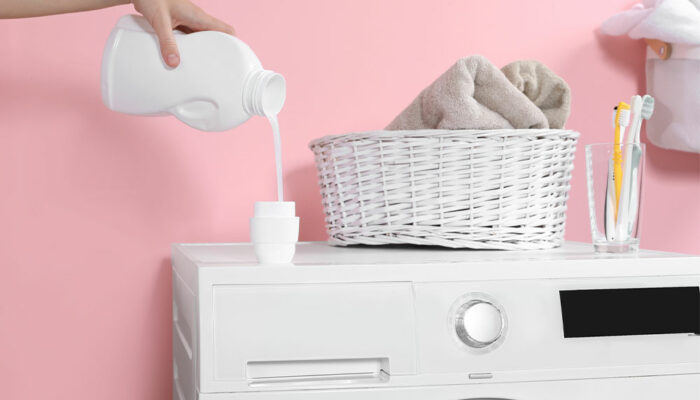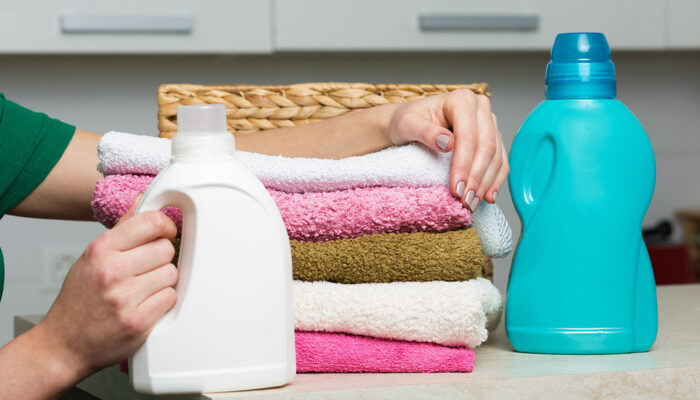
11 mistakes to avoid while repairing basements
Basements can be additional living spaces or could be converted into gyms, cafeterias, parking lots, and offices. Commercial and residential buildings often repurpose their basements for such fruitful purposes. However, these multifunctional spaces can often stay neglected. Basements require regular maintenance and repair to stay useful and well-frequented spaces. Further, any repairs in the space should be carried out with proper interior and budget planning and careful avoidance of the following mistakes:
1. Using fiberglass insulation
Fiberglass insulation is common for homes and offices. However, using fiberglass to insulate basements is not a good idea, as moisture may seep into the material and lead to mold growth. It is better to use inorganic materials like ceramic to insulate basements because they can resist moisture better.
2. Failing to test the soil
Adequate materials and technology may be used for basement repair depending on the type of soil in the basement. Understanding the soil’s constituents can help select the right materials to use for basement repair. So, testing the soil is a key step to avoid missing.
3. Not considering water-related emergencies
Basements are most vulnerable to water emergencies in natural disasters like floods or even when sewer overflows. While repairing basements, one should prepare for these situations, as cleaning water from basements can be quite a task. For starters, one needs to have a reliable drainage system in the basement, which can be concealed with furniture or carpets if needed. Also, while digging or laying floors in basements, one needs to ensure that no pipes get damaged and burst open in the process. Further, waterproofing is an absolute must to minimize damage during natural disasters. One may need to engage the services of a professional to install pipes and other drainage systems in basements to properly prevent seepage.
4. the wrong materials for walls
Selecting materials for basement walls should be a well-planned process because basements tend to be more humid than the rest of the building.









